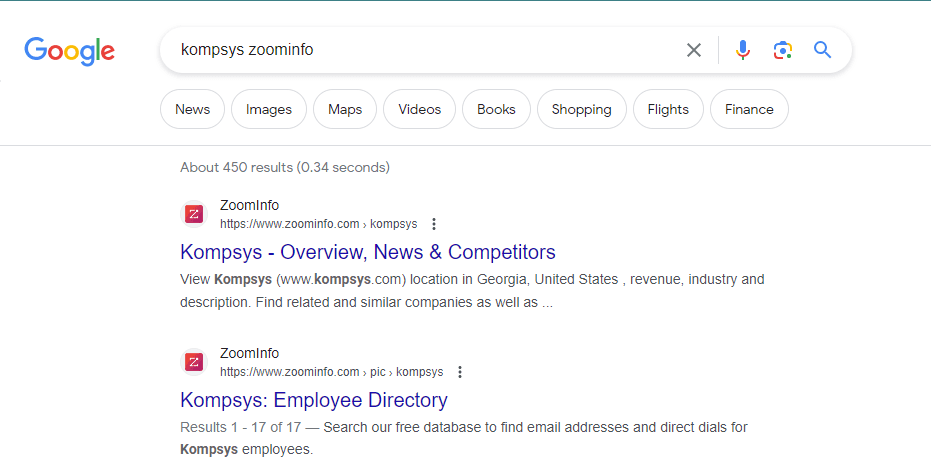Go back
Choosing between a quick financial gain or building long-term partnerships in government contracting depends on your company's goals and how you want to position yourself in a competitive, yet rewarding, market.
Nov 28, 2024
“Strategy is figuring out what not to do.” – Steve Jobs
Government contracting strategies are crucial to any business that is working towards success in the Government contracting industry. Not just strategies in how to approach the work, but in reality you must devise your plans to include the things you must avoid doing as well.
I’ve had first hand experience of seeing over 12,000 companies come to my capture classes. I’ve been in their coaching sessions and have helped them to win millions and I’ve seen many of their mistakes as well. I want to borrow Steve Jobs’ quote here and affirm that strategy is figuring out what not to do. If you know what not to do, then you can start to put in place the strategies of what to do.
The Stats
Let me reveal to you some secret stats about small businesses:

Based on these data, you don’t have three years to putter around trying to figure out how to win government contracts. Writing twenty-two proposals can be time consuming and exhaustive. The secret to success is to not do what the average companies are doing and keep reading to find out what you need to do so your business does not become a statistic.
My next secret to share with you is to create the proper strategies for your company. You’re thinking, everyone knows that you have to have a strategy. The secret here is not the concept of having strategies but what specific strategies you will need to succeed in the contracting world. Your tactical approach is defined by what you want to get out of entering the government market and, as much as, figuring out what not to do.
Short Term Strategy
Are you looking for a quick path to money? If that’s the case, establishing a short-term government contracting plan might be your best bet. A short-term plan looks something like this:
Identify a similar-sized company like your own to use for comparative benchmark purposes. Don’t reinvent the wheel! Studying and modeling yourself on a successful business will give you a better idea of what will and won’t work for your own company. To find benchmark companies, check out this link: www.usaspending.gov. Once you’ve gotten to the site, enter a keyword related to your industry and click search. Your results will list all the companies that have won contracts in the past. Easy-peasy right! Next, go to their websites and study them.
Another cool technique is to use Google search and put in this phrase: “company name you want to research + zoominfo.”
For example: “kompsys zoominfo”
You will see some amazing details about a specific company so you can learn more about them. You’ll find out about their key people, contact info, revenue, and other such data. This research will help you to identify potential teaming partners or you can subcontract with them.


Understand the importance of working with prime contractors. Large companies that win a contract over $750,000 MUST have a small business plan and generally need to subcontract about 35% of the award to small businesses. Working with prime contractors could be your key to success in the government market. But you have to demonstrate YOUR value to them on specific bids, and that is a major key to success. www.acquisition.gov/far/19.704
Identify potential companies to team with. You know what they say…the more the merrier! Understand how to use teams, joint ventures, and mentor protégé partnerships to your best benefit.
Long Term Strategy
I know that a short-term plan isn’t for everyone. Some of you are in it for the long haul. Follow this list to create a successful long-term government contracting plan:
Identify a large company to benchmark after. Find a successful company within your industry and study them. They will be the model for what you want to become down the road.
Work to establish ties directly with government agencies. Eat from the dinner table, not from the scraps that fall on the ground. Priming directly with government agencies will set the bar for long-term contracting relationships.
Build alliances with key companies. Establish relationships with solid companies to work with in the long-term.
If you’re a bigger company, establish a Small Business Program (SBP). This is important for a large company’s success in the government market.
If you’re a smaller business, create a succession plan. This is important if you end up growing out of an 8a, Hubzone, or certified small business status.
Whether you choose to create a short or long term contracting plan, it’s important to map out your finances during this step as well. Make sure you:
Set aside money from your savings or reserve. Before you get paid for your services, you’ll need mobilization cash to carry out projects after landing a contract.
Seek out alternative capital resources. Raise additional capital through factoring, AR financing, small business loans, etc. Go to www.southstarcapital.com or www.progenexfinancial.com to check out some great resources for raising mobilization capital.
Look into micro loan programs. These might be beneficial if you don’t have the capital at first to carry out contracting projects. Look into www.tinyurl.com/mymicroloans for further information.
THINGS TO CONSIDER
Here are a few other factors I recommend you consider…
Getting your bonding, credit, Quality Assurance Program, and professional certifications in order. Depending on your industry and desired contract, these might be important components to look into.
Utilize “co-opetition.” This refers to situations where you cooperate with your competitors. In the government market, most contracts are large in scope and require more than one company to successfully complete them. From my experience, 70% of federal projects require two or more companies to complete the work.
Whether you want to jump right in with a short term strategy or develop your relationships to establish your long term strategy; as you continue to build up your business and experience we will take a look at whether you should consider being a Prime Contractor or continue to subcontract in our next blog. So join us in our next blog as we continue our discussion on strategy.
ABOUT THE AUTHOR: Abraham Xiong
Mr. Xiong is a small business advocate, social entrepreneur, executive trainer, blockchain ambassador, technology enthusiast, business coach, and community leader. He is the Founder of GovGenie.com, which is a marketing automation platform to assist government contractors in scaling their companies in the B2G marketplace. GovGenie is offering readers of this article a free trial access: www.GovGenie.com

